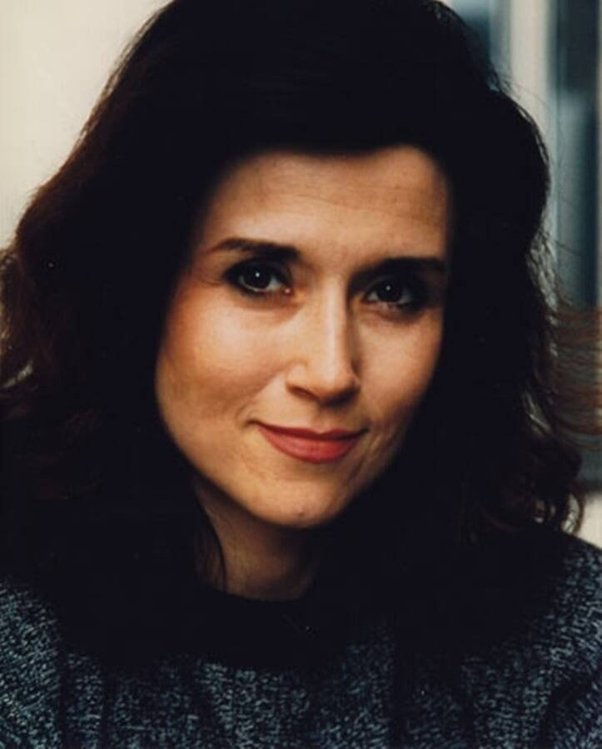She worked in her family’s general store, attended community college, then two years of state college before returning to work for her family.
She’s a kind, down-to-earth person, whose extraordinary intellect has done a lot of good in the world.
A passionate writer, Marilyn has written books on the power of logical thinking to clarify problems and make life better.
When news of her astonishing intellect got around, folks started writing her for advice.
Her surprising answers revitalized ossified areas of mathematics and logic, and generated interest in the power of logical thought.
Some famous exchanges:
The Monty Hall Paradox
Dear Marilyn,
Suppose you’re on a game show and you’re given a choice of three doors. Behind one door is a car, behind the others, goats. You pick a door, say number 1, and the host, who knows what’s behind the doors, opens another door, say number 3, which has a goat. He says to you, “Do you want to pick door number 2?” Is it to your advantage to switch doors?
Craig F. Whitaker, Columbia Maryland
Dear Craig,
Yes, you should switch. The first door has a 1/3 chance of winning, but the second door has a 2/3 chance. Here’s a good way to visualize what happened: Suppose there’s a million doors, and you picked door number 1. Then the host, who knows what’s behind the door and will always avoid the one with the prize, opens them all except door number 777,777. You’d switch to that door pretty fast, wouldn’t you?
Marilyn vos Savant
For this answer, Marilyn received more than 10,000 letters from outraged mathematicians at prestigious universities and research centers, accusing her of contributing to American innumeracy by refusing to understand basic math.
Whether you change your choice or not, they said, the odds are exactly the same.
It took a team of MIT mathematicians and multiple computer simulations to show the doubting experts she was right.
2. The gross inaccuracy of “accurate” tests
Dear Marilyn,
A particularly interesting and important question today is testing for drugs. Suppose 5% of the general population uses drugs. You employ a test that is 95% accurate. A person is selected at random and given the test. It’s positive. What does such a result suggest?
Charles Feinstein, PhD
Dear Charles,
Given your conditions, once a person has tested positive, you may as well flip a coin to determine whether s/he’s a drug user. The chances are only fifty-fifty. …
Marilyn vos Savant
She again received a storm of outraged letters, this time from statisticians. She explained her reasoning:
Suppose the general population consists of 10,000 people and 95% of them (9,500) are nonusers and 5% of them (500) are users. Of the 9,500 nonusers, 95% of them (9,025) will test negative, as the test is 95% accurate. This means 5% of them (475) will test positive.
Of the 500 users, 95% of them (475) will test positive. So there are 475 false positives and 475 true positives.
When we find an individual in the positive group, there’s a fifty-fifty chance that s/he’s a drug user.
It again took teams of experts in the testing field and the CDC to corroborate her conclusion.
This is why randomly testing the general population for anything results in a very high percentage of false positives.
Thanks for all the interest in this post! I should answer some common objections that are in the comments feed:
Some folks are saying her answers are a trivially easy application of Bayesian reasoning, and they learned these answers in the 7th grade.
Vos Savant was born in 1942; these exchanges are why your 7th grade teacher reviewed these problems, and everything looks easy in retrospect.
The MIT mathematicians who agreed with Vos Savant said they initially disagreed strongly and needed a week to sort it out.
The world-famous mathematician Paul Erdos also vehemently disagreed and had to retract.
The inaccuracy of random testing was known, but not widely. Top experts, including some working at the CDC, had to write in and corroborate.
For further information, see Vos Savant’s books, or the mathematician Martin Gardner’s extensive commentary on her answers.





